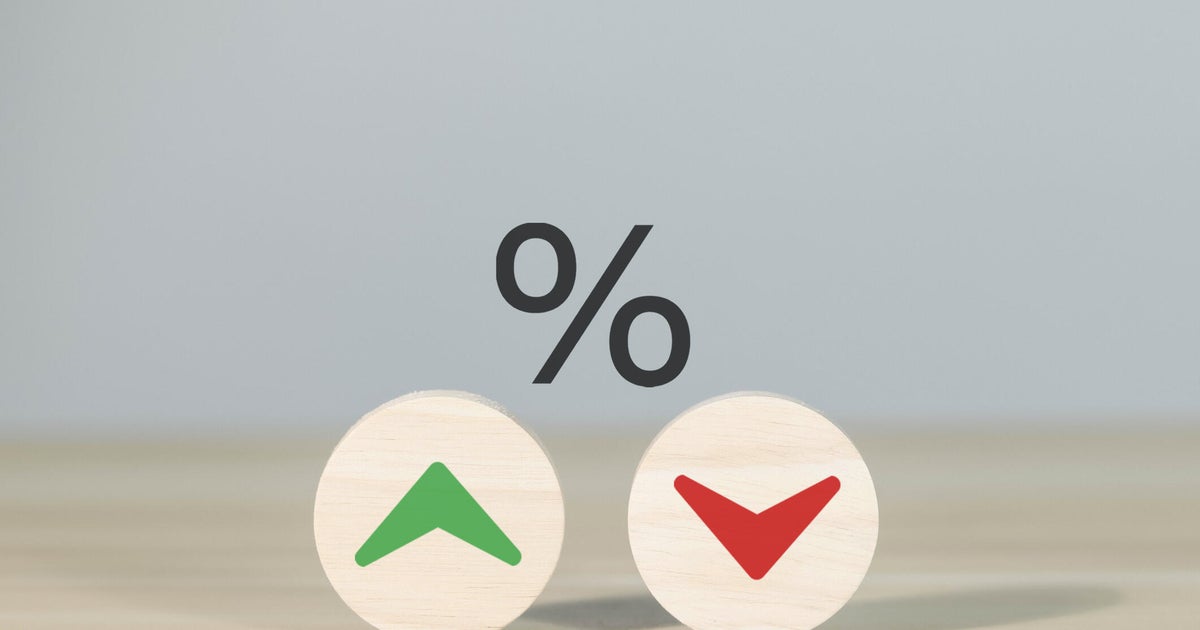Is a $20,000 home equity loan or HELOC better?
Do you need access to $20,000 in funding? Maybe you want to consolidate high interest debts, repair a leaky roof or cover another relatively large expense. No matter why you need money, your home equity can help.
But, if you take the home equity route, you have a few options to consider with home equity loans and home equity lines of credit (HELOCs) being two primary ones.
Home equity loans and HELOCs may seem similar since they're both backed by your home. But, there are also significant differences between the two. And, in today's economic and interest rate environment, one may be better than the other.
Check out leading home equity loan options now.
Is a $20,000 home equity loan or HELOC better?
Given today's economic and interest rate environment, a home equity loan may be better than a HELOC, thanks to the savings potential. While 10- and 15-year home equity loans come with 8.77% and 8.75% average interest rates, respectively, the average interest rate on a HELOC is currently 9.16%. Here's what that mean in terms of monthly payments and the overall interest cost on $20,000:
- 10-year home equity loan: A 10-year $20,000 home equity loan that charges 8.77% interest would cost you $250.87 per month and $10,104.25 in interest as you paid the loan off.
- 15-year home equity loan: A 15-year $20,000 home equity loan that charges 8.75% interest would cost you $199.89 per month and $15,980.15 in interest as you paid the loan off.
- HELOC (with a 15-year repayment period): Since HELOCs come with variable rates, as opposed to the fixed rates home equity loans come with, your payments will likely change over your repayment period. But, in the off chance that interest rates stayed the same as you paid your HELOC off, a $20,000 HELOC that charged 9.16% interest with a 15-year repayment period would cost you $204.76 per month and $16,857.04 in interest by the time you paid the line of credit off.
But, the initial cost comparison between a $20,000 home equity loan and a $20,000 HELOC isn't the only reason a home equity loan may be the better option right now.
Find out how affordable your home equity loan can be today.
Home equity loans have lower rates right now
As the data above points out, 10-year and 15-year home equity loans both offer lower average interest rates than the average HELOC interest rate. While a HELOC interest rate may change over time, there's no telling if that rate will rise or fall - or how far it might move in either direction. So, it may be better to choose the lower-cost option now and address any potential opportunities to save in the future by refinancing your loan - if and when those opportunities come to fruition.
Home equity loans rates and payments are fixed
In today's inflationary environment, the cost of living continues to rise. So, budgeting may already be more difficult now than it was in the past. That's why the fixed interest rates and payments that come with a home equity loan are a welcomed feature for many. After all, if you choose a HELOC over a home equity loan, there's no telling what your payments may be in the future. But, with a home equity loan, you'll know exactly how much your payments will be from the first month until you pay the loan off.
HELOC interest rates could rise ahead
Interest rates are closely tied to inflation. The Federal Reserve has a 2% inflation target right now. And, when inflation is above that target, it may increase its federal funds rate to combat it. When that happens, lenders typically follow the Fed by pushing their own interest rates up - which could lead to higher HELOC rates in the future. And, since the inflation rate has consistently been above the Fed's 2% target for years - higher HELOC rates could be a real issue to contend with in the future.
Lock in a competitive fixed rate with a home equity loan now.
The bottom line
While home equity loans and HELOCs can both give you access to the $20,000 you need, a home equity loan may be the better option right now. With fixed rates that are currently lower than the average HELOC variable interest rate, they could save you money. And, if rates were to rise ahead, you wouldn't have to worry about your payments going up. Compare leading home equity loans today.




